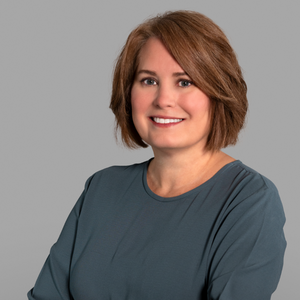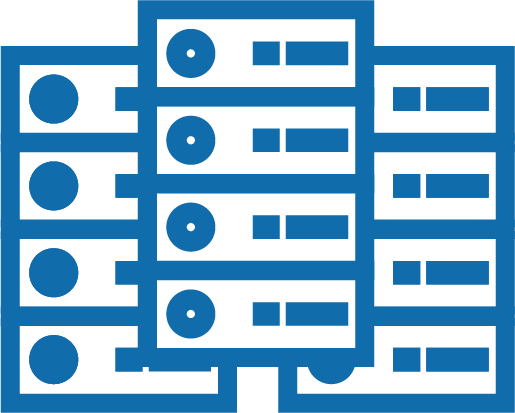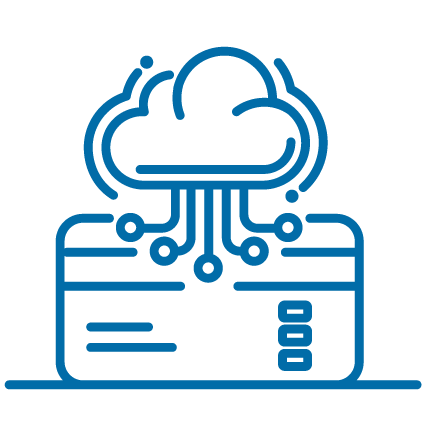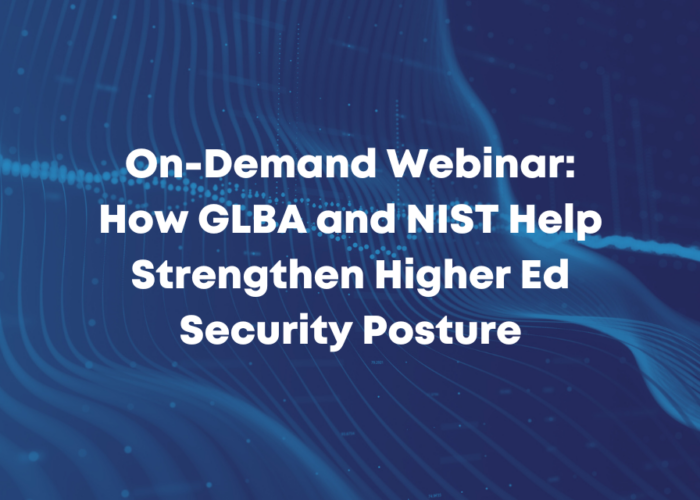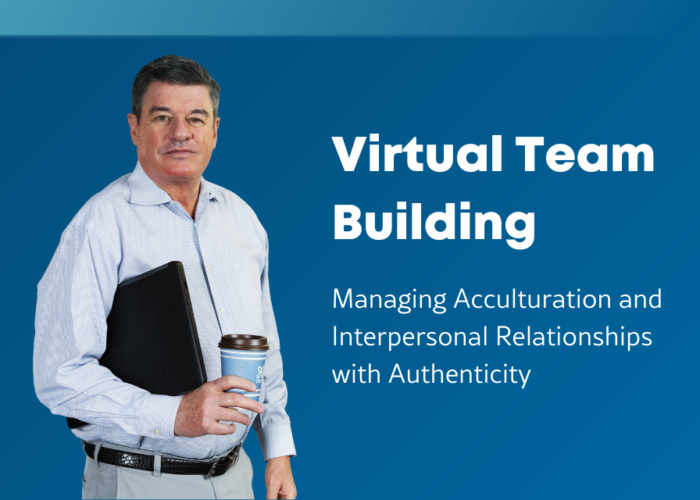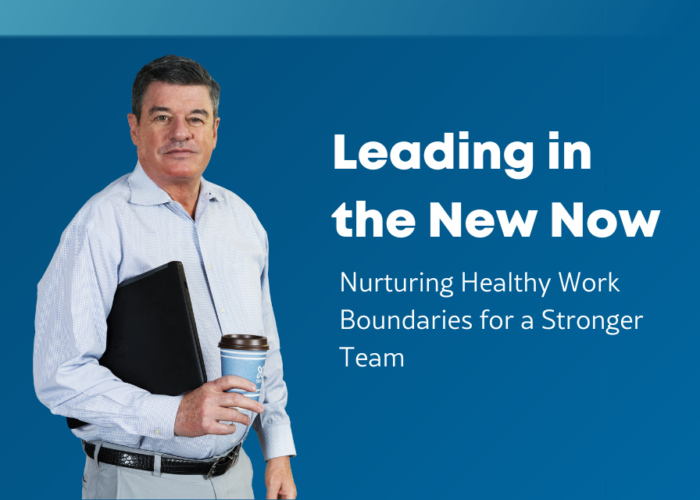Who’s ready for the EDUCAUSE 2021 Annual Conference next week in Philly and the change of scenery? I sure am! I’m excited for so many reasons. First, the Apogee crew is chomping at the bit to see customers in person again. Zoom and Teams are great, but nothing beats having face-to-face conversations and nurturing and establishing relationships over food, after a conference session, or in the booth. Second, our sales team is converging on the conference next week, getting some much-needed time together and ensuring that if you want to talk to Apogee, you’ll definitely find one of us. Third, I can’t wait to dive into the higher ed challenges and stories that experts from so many colleges, universities, and corporate sponsors will be exploring during the conference.
One of the things that I’ve been struck by with this year’s agenda is how different the programs and tracks look from 2020 and 2021. The last two conferences – 2019 in Chicago, 2020 online only – had more of an emphasis on discovery, data, and change management. This year’s conference feels more “immediate” in nature. The emphasis is on technology topics that need to be acted on now to set up higher ed for future success. This year, of the eight tracks, five are definitively IT focused, whereas the last two conferences had just one track that was clearly on the technical side. That says a lot: there’s a realization that IT must play a crucial role in the quest for enrollment and student success and must lead digital transformation to do so. The content at the conference has shifted from high-level and institutional change focused to providing insights and information specifically tailored to IT pros.
The top four tracks that exemplify this shift to IT-detailed topics are:
- Cybersecurity and Privacy
- Innovation and Emerging Technologies
- Higher-Performance Computing and Libraries
- Infrastructure, Support, and Networking
A session that I can’t wait to attend that I believe will exemplify this shift is the in-person session “IT as Strategic Investment Rather Than Cost Center: Using Core Data Service to Guide Transformation.” I like how the abstract bridges long-term strategic thinking with practical advice.
A fifth track is related to the key issue of hiring and retaining both IT and non-IT employees during The Great Resignation we are experiencing: Leadership and Future Workforce. EDUCAUSE is listening to its members and created an agenda that helps them navigate the myriad technological and leadership choices they must make to drive innovation, resilience, and continuity, adaptability, and affordability in the years to come. We’re still in a pandemic, and the 2025 enrollment cliff is still there. IT is moving from cost center to value center, and EDUCAUSE is supporting this shift by doubling-down on the topics that IT really needs to understand to continue making this shift successfully. I’m looking forward to the in-person session “The Future of Work Is Here: Reimagining the Higher Ed Workforce of the Future,” which will help IT envision the innovative services they will need to deliver to faculty and staff now and over the coming 24 months, while also helping them better understand the workforce that students need to be prepared for as they graduate college and embark on careers.
The other big change this year is the emphasis on Diversity, Equity, and Inclusion (DEI). While EDUCAUSE has long been a DEI advocate, this year’s conference is emphasizing The Common Good across multiple topics: DEI, Social Justice, Accessibility, Social Responsibility, Community Engagement, Partnerships and Collaborations, Environmental Sustainability. In fact, EDUCAUSE prioritized awarding sessions that featured a DEI component, whether it was having a panelist from an HBCU, as in the Apogee-led in-person session “Unlock Time to Drive Innovation,” featuring Dr. Kimberley Marshall of Morehouse College and Rob Dunkleberger of Lycoming College, or “Inclusive Innovation: What’s Information Technology’s Role?”, an online session which will highlight why DEI matters to IT and drives innovation.
IT is no longer asking, “What does my technology infrastructure have to do with DEI and accessibility?” They know that reinforcing robust DEI programs helps every employee to show up each day without fear of being their true selves. This fosters higher degrees of engagement, productivity, and innovation that contribute to higher ed’s value and an institution’s ability to drive student retention and success. They also know that they should evaluate vendors and solutions based on their social responsibility and ability to deliver sustainable solutions. And they know that expanding accessibility of higher ed to people of all backgrounds is needed not only for enrollment growth, but also for the US to thrive.
And finally, I was excited to see sessions that just a year ago would have been thought to be too “out there” for higher ed. The great value that Apogee brings to higher ed is the ability to unlock time from day-to-day operations to focus on strategic priorities and innovation, which require getting a handle on emerging technologies. The University of Nebraska will do an in-person session on extended reality, “Building an XR Center on Campus: Lessons from the Field,” and Southern New Hampshire University will discuss Virtual Reality in the poster session “From Textbook to Try It Yourself: Virtual Reality across Learning Modalities,” – a potential game-changer in the fight for student enrollment and engagement. The University of Pittsburgh and Bucknell University will present “Advanced Analytics and Adaptability: Save Your Campus from the Demographic Cliff,” to help IT leaders understand how to drive an analytics engine to address the coming enrollment cliff.
At Apogee, we are looking forward to meeting you either in-person or online at EDUCAUSE and invite you to attend our session on how to unlock time. Apogee believes that finding the time to engage with the higher ed community in these forums is crucial. Engaging in strategic conversations and making the time for progress and innovation is key to higher ed and student vitality. If the lack of time or budget is preventing you from attending this year, we’re here to help you find ways to unlock it.

